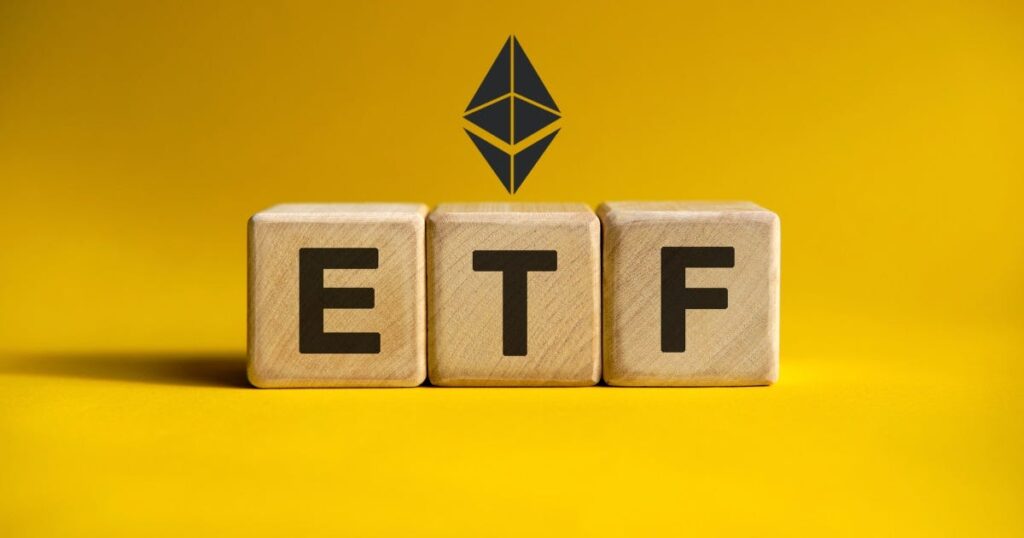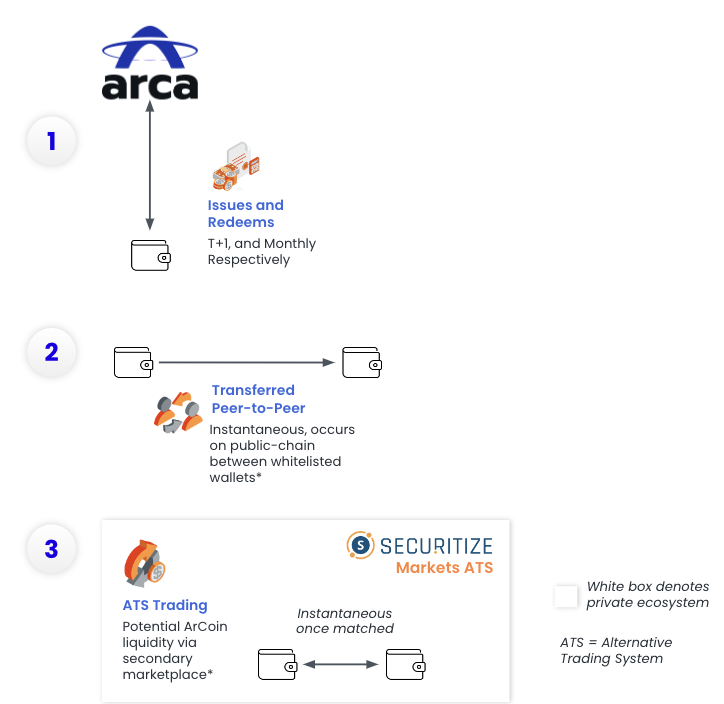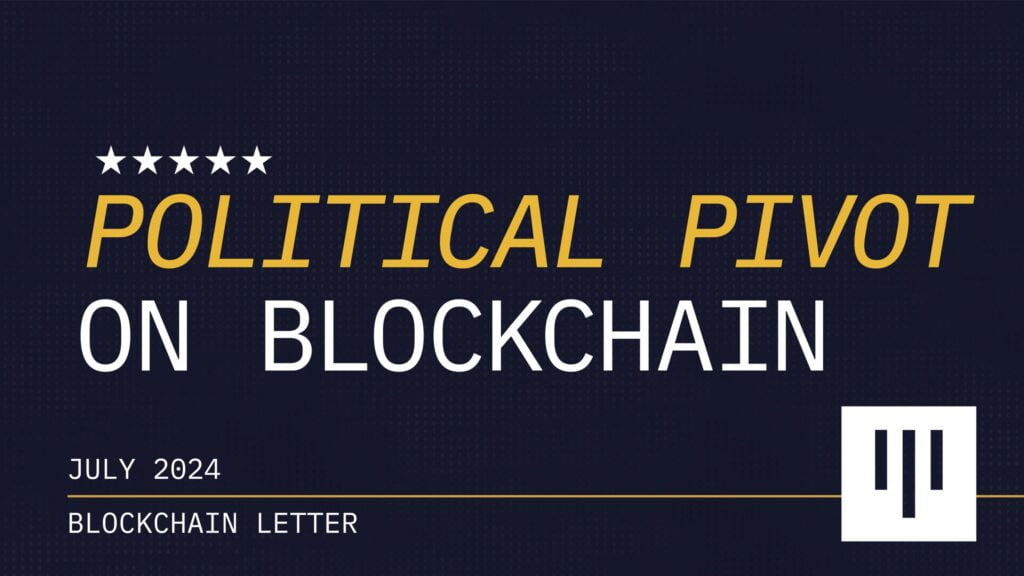Podcast Summary
This podcast delves into the intricacies of Ethereum’s monetary policy, focusing on the debate around minimum viable issuance (Minimum Viable Issuance) and the potential redesign of the issuance curve. The discussion also explores the concept of staking and restaking, the role of validators, and the impact of these elements on the Ethereum ecosystem. The podcast also touches on the potential of technologies like zero-knowledge and trusted execution environments (TEEs) in expanding the commitment space and decentralizing blockchain end games.
Key Takeaways
Minimum Viable Issuance (Minimum Viable Issuance) in Ethereum
- Minimum Viable Issuance Debate: The podcast discusses the ongoing debate around Minimum Viable Issuance in Ethereum, which refers to the amount of issuance that validators receive for maintaining consensus in the Ethereum network. The current structure is seen as overpaying for security, leading to unnecessary issuance and selling pressure, thereby weakening the scarcity of ETH.
- Redesigning Issuance Curve: A potential redesign of the issuance curve could lead to a more efficient allocation of resources and a decoupling of staking and restaking. This could help the market find an equilibrium where the fair yield for stakers matches the cost, creating a net neutral participation in staking.
Staking and restaking in Ethereum
- Staking and restaking: The podcast explores the concept of staking and restaking in Ethereum. The current system forces participants to be stakers to optimize yield. However, the discussion suggests that separating reking from programmable slashing and maintaining a clean separation between staking and restaking could be beneficial.
- Real Yield: The concept of real yield is introduced, referring to the yield obtained after discounting the effects of inflation. This becomes a concern when everyone is staking and getting equally diluted, resulting in negative real yield when considering taxes.
Role of Validators and Decentralization
- Validator Set Composition: The composition of the validator set is crucial for maintaining decentralization and diversity in the Ethereum ecosystem. The podcast suggests that the fixed costs of staking, including knowledge and devops, need to be reduced to make it more accessible for solo validators and smaller participants.
- Decentralization: The podcast emphasizes the importance of diversity and decentralization in the Ethereum ecosystem. It suggests that airdrops could be a way to incentivize and reward solo validators, thereby promoting decentralization.
Technological Advancements in Ethereum
- Zero-Knowledge and TEEs: The podcast discusses the potential of zero-knowledge technology and trusted execution environments (TEEs) in expanding the commitment space and decentralizing blockchain end games. These technologies could enable more interesting outcomes and use cases on-chain.
- Native Rollups: The introduction of an EVM opcode for verifying EVM execution within the EVM itself can simplify the process for rollups to achieve EVM equivalence, leading to native rollups without the need for governance.
Sentiment Analysis
- Bullish: The podcast expresses a bullish sentiment towards Ethereum, highlighting the potential benefits of redesigning the issuance curve and decoupling staking and restaking. The discussion also shows optimism about the potential of technologies like zero-knowledge and TEEs in expanding the commitment space and decentralizing blockchain end games.
- Neutral: While the podcast is generally bullish, it also maintains a neutral stance on certain issues. For instance, it acknowledges the ongoing debate around Minimum Viable Issuance and the need for a more efficient allocation of resources in Ethereum. It also recognizes the challenges in expanding the demand side in the restaking market.












